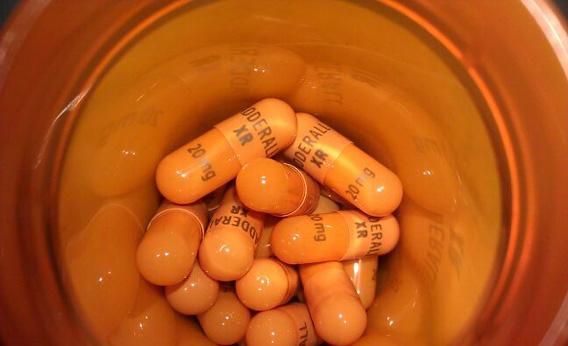When a Loved One Struggles with Crack Addiction: Signs You’re Enabling a Crack Addict & What to Do About It
Addiction in any form can be hard to live with when a loved one falls prey to drug abuse. Crack addictions in particular take a tremendous toll on the addict and family alike.
Over the course of a developing crack addiction, it can be hard to spot subtle changes taking place in terms of how you interact with an addicted loved one. Likewise, it’s all too easy to fall into behaviors and routines that enable a loved one’s drug-using tendencies.
Ultimately, holding the addict accountable for his or her actions provides him or her with a starting point for seeing crack addiction for what it is. Being able to spot signs of enabling behaviors can go a long way towards helping a loved one decide to get treatment help for a crack addiction problem.
The Effects of Crack Addiction on the Family
Crack addiction takes over a person’s mind as well as the body, directing his or her thoughts, emotions and behaviors towards continued drug use. In essence, getting and using crack becomes the top priority in an addict’s daily life.
According to the National Institute on Drug Abuse, addiction in any form operates as a type of “social disease” within the context of a family environment in terms of how the addict’s behaviors impact the quality of life for others. Ultimately, the effects of crack addiction gradually break down the lines of trust, respect and safety that exist between family members over time.
Helping vs. Enabling

Paying your loved one’s bills and giving them money is enabling their addiction.
As the effects of crack addiction start to disrupt normal interactions within the family, certain members may fall into enabling roles in an effort to help keep the peace in the home. While the enabler may have the best interests of the addict and family in mind, the overall effects of his or her actions only works to further entrench the home environment within a cycle of addiction.
Since crack addiction, for the most part, dictates the addict’s needs and demands within any given day, he or she will likely blaze a path of destruction when drug needs go unmet. Whether it be demands for money, time or special privileges, the enabler feels compelled to step in and meet the addict’s demands.
Signs of Enabling
Signs of enabling behavior to watch out for include:
- Lying for the addict
- Making excuses for the addict’s behavior
- Paying his or her bills
- Covering for the addict with his or her employer
- Loaning money to the addict
- Giving him or her “one more chance” over and over again
- Threaten to leave the addict or evict him or her, but never do
According to University of Pennsylvania Health System, enabling behaviors relieve the addict of having to take responsibility for the consequences of his or her actions and choices. In a sense, enabling behaviors give the addict permission to continue on in drug use.
Crack Addiction Treatment Considerations
As long as you or another family member continues to enable the addict’s behaviors, he or she has no real incentive to overcome crack addiction. While stopping enabling behaviors may seem simple enough, it may turn out to be much more difficult than it looks as there’s often an emotional component attached to your role as an enabler. For these reasons, anyone concerned about the role they’re playing in a loved one’s addiction may well want to consider speaking with a drug counselor.
If you or someone you know struggles with enabling a loved one affected by crack addiction, please feel free to call our toll-free helpline at 800-605-6597 Who Answers? to speak with one of our addictions specialists.



